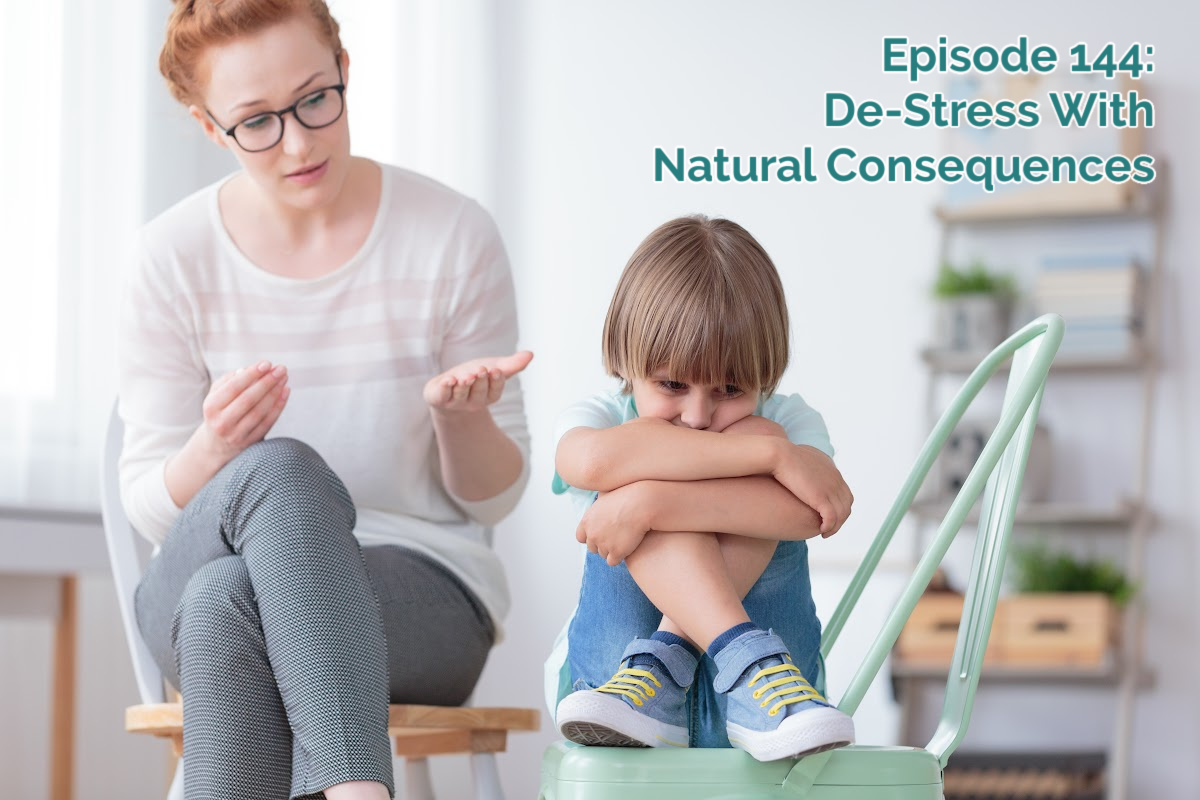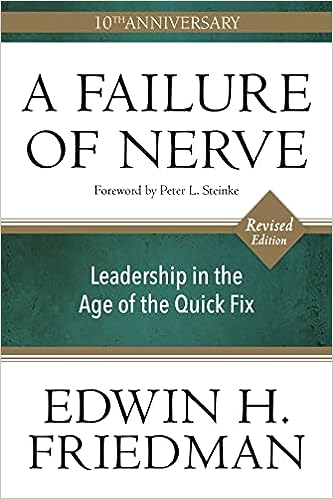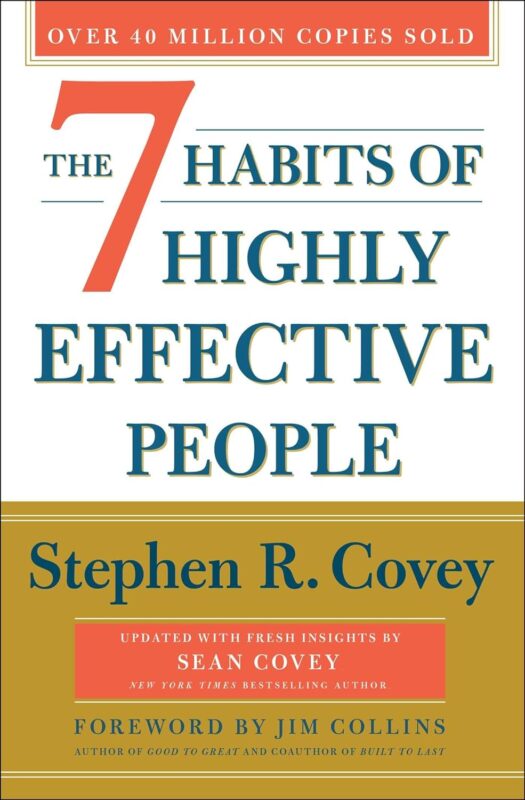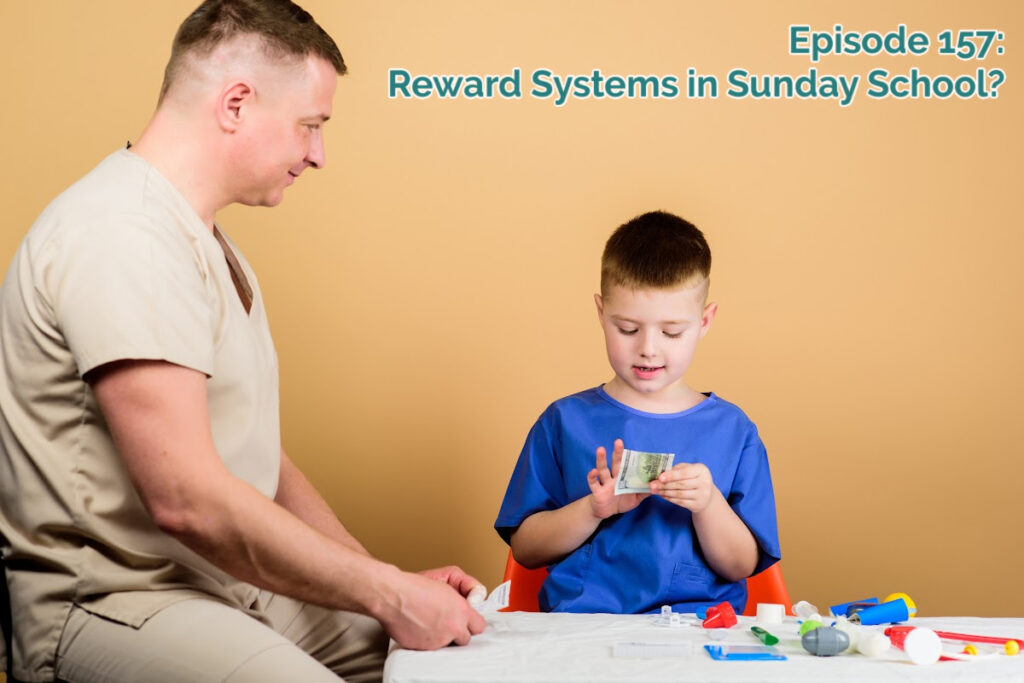SS #144: De-stress with Natural Consequences
Parenting and homeschooling can feel overwhelming, especially when it comes to managing our children’s behavior and responsibilities.
Natural consequences is a concept that gets tossed about, but what does it really mean? What counts as a natural vs an unnatural consequence?
Today, we explore how to disciple our kids with natural consequences and ensure our children bear the responsibility for their own actions.
Bonus: When we rely on natural consequences instead of nagging, we as moms decrease our stress and overwhelm.
Homeschooling with Natural Consequences
Today’s Hosts and Source
Mothering and homeschooling both require leadership skills as we show our kids how to live.
A leader must separate his or her own emotional being from that of his or her followers while still remaining connected. Vision is basically an emotional rather than a cerebral phenomenon, depending more on a leader’s capacity to deal with anxiety than his or her professional training or degree. A leader needs the capacity not only to accept the solitariness that comes with the territory, but also to come to love it.
Edwin Friedman, Failure of Nerve
Scholé Every Day: What We’re Reading
Cry the Beloved Country, Alan Patton
Abby is reading this title to prepare for the literature co-op class she will be teaching.
Bad Therapy, Abigail Shrier
Mystie finished this newest title from Shrier and thought it would be a good book to read before or alongside of Failure of Nerve. Bad Therapy explains one reason why so many people have no nerve and no initiative.
Leisure: The Basis of Culture, Joseph Pieper
Brandy is rereading this Scholé Sisters classic for a current project.
What are natural consequences?
Natural consequences mean letting children face the outcomes of their actions without parental interference. For instance, skipping breakfast results in hunger. However, parents often intervene, mitigating the consequences, which can hinder children’s responsibility and accountability.
In homeschooling, especially, it’s crucial to discern when to step back.
No room for punishment
As Christians, Christ has died to take the punishment for our sins. Therefore, as parents, we do not punish our children, making them pay for their sin. Only Christ can do that.
Instead, we discipline and disciple, just like God does – for our children’s good, for their restoration, for their growth.
Bearing natural consequences is part of the way God has made the world and humans to operate. It is the action that fosters (and perhaps even defines) responsibility.
Everything we do as parents is for discipline and training and restoration. Not for making them pay.
Mystie Winckler
Homeschooling challenges
Homeschooling lacks some of the the external structure and pressure of conventional schools. Without grades or “pink slips,” how do we teach our kids to stay in line and become dedicated students? Replicating such consequences feels unnatural and ineffective.
Maternal anxiety may be the original addiction.
Edwin Friedman, Generation to Generation
Relationship triangles
A mother’s stress often stems from bearing responsibility for children’s issues. Edwin Friedman’s works, Failure of Nerve and Generation to Generation, highlight the importance of not becoming triangled in children’s problems. Instead of taking their stress, mothers should encourage children to experience the natural consequences of their own actions.
Friedman explains relationships involve a third stabilizing element. For example, a parent-child-schoolwork triangle creates stress is mom is the one taking the responsibility for the child and his schoolwork.
Mothers must shift stress back to the children, ensuring they carry their own responsibilities. This de-triangling lets children grow and mature by experiencing the outcomes of their actions.
If you decide to make someone do something or be something, it always backfires.
So if you’re trying to make siblings have a closer relationship, you’re driving them apart. If you try to make your child more responsible, you actually make them more irresponsible.
Brandy Vencel
No quick fixes
Homeschooling moms frequently look for immediate solutions to behavioral issues, thinking a new method or curriculum might resolve the problem. Instead, we should embrace a long-term view focusing on disciplining and training our children rather than seeking a quick fix.
In homeschooling, children must face the pain of their irresponsibility. If a child procrastinates on a math assignment, parents could impose consistent, logical consequences, such as limiting playtime until the work is finished. This approach teaches children the importance of responsibility and time management.
Of course parents should also investigate if children struggle with the material itself or if the problem lies in their attitude or behavior. This inquiry ensures that imposed consequences are fair and targeted. Supporting children without enabling irresponsible behavior requires understanding and patience.
By de-triangling from our children’s issues and allowing them to bear the natural consequences of their actions, we can create a less stressful and more effective homeschooling environment.
Mentioned in the Episode
Listen to related episodes:
SS#157 – Reward Systems in Sunday School
SS #140 – Rewards & Motivation
SS #119 – Rewards Revisited
SS #67: Death by Sticker Chart (with Karen Glass!)
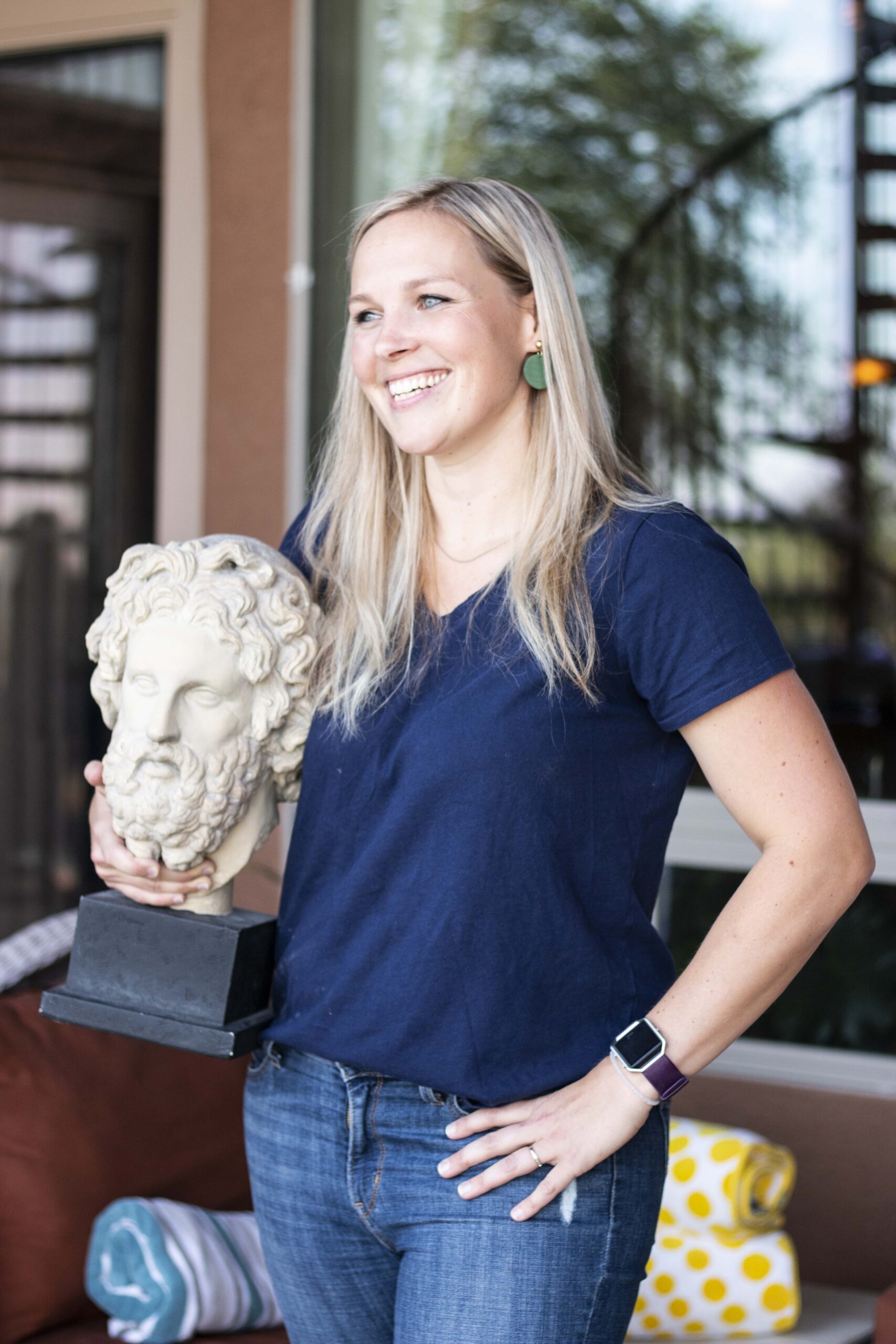
Be a part of the conversation!
Discuss this podcast with other moms inside Sistership.

